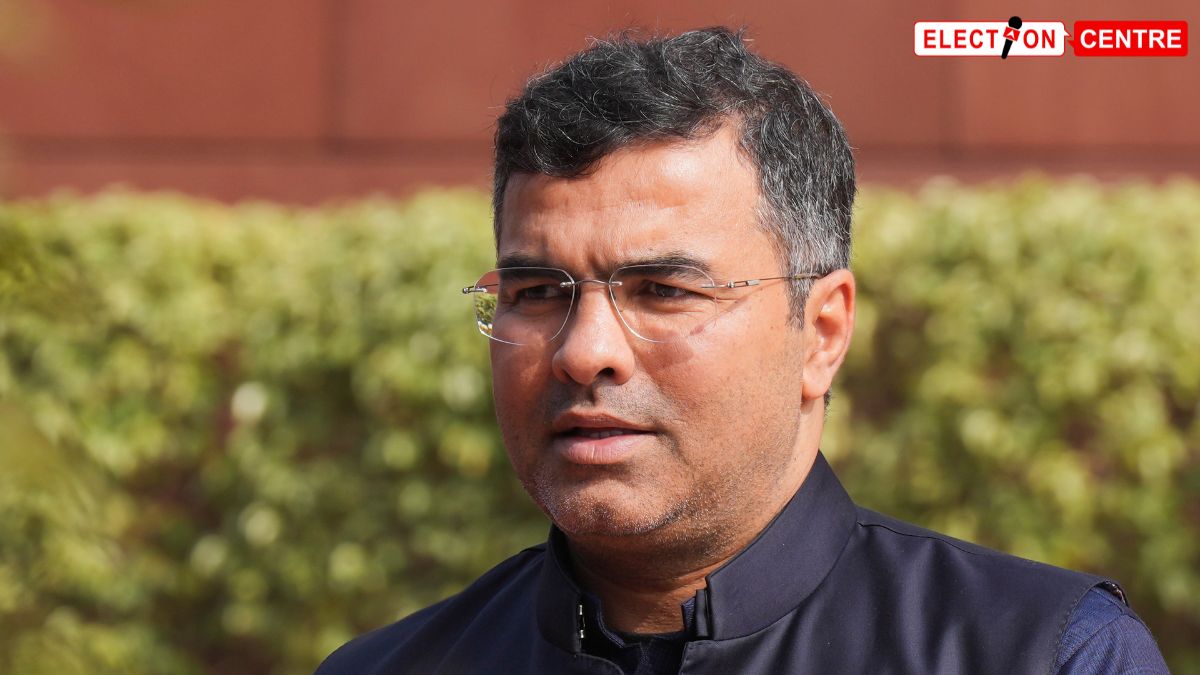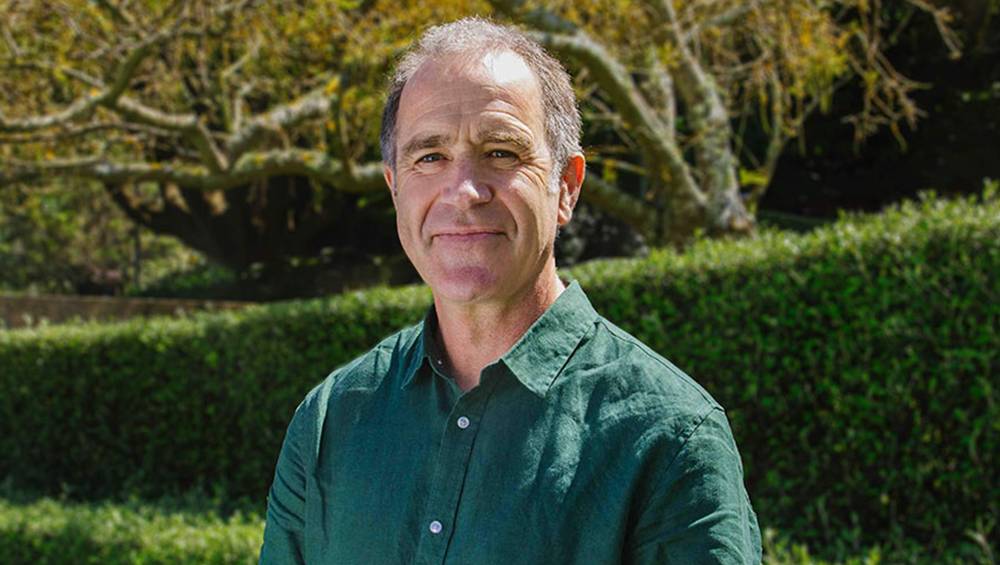
Trump comes into office in a very strong position. He was the first Republican since 2004 to win the national popular vote. The Democratic opposition is disorganised and demoralised.
His party will control both houses of Congress. Yet his power will be more constrained than it appears. Republican majorities in Congress are razor-thin.

In the US House, Republicans may have a majority of just 220-218 after three Congresspeople are appointed to Trump’s administration and before special elections can be held. House Republicans are a famously fractious faction; not being able to lose a single vote will limit what legislation they can pass in their first 100 days. Republicans have a 53-47 majority in the Senate, but much legislation there requires a supermajority of 60 to bypass its filibuster rule, which incoming Senate majority leader John Thune promises to retain.
It is likely that rifts among Republicans will be exposed this year. About the only things the party unanimously agrees upon are tighter immigration controls and heaping more tax cuts on the wealthy. Difficulty passing legislation will only increase Trump’s authoritarian tendencies by encouraging him to rely on unilateral executive action.
However, he is likely to face considerable resistance in the courts. He may have a sympathetic Supreme Court , but the majority of federal judges – those who do the heavy lifting of the judicial system – were appointed by Biden or Obama. Trump will rely on executive action in carrying out his pledge to deport undocumented migrants in mass.
He will order highly publicised raids designed to terrorise an estimated 11 million undocumented migrants, most of whom have lived in the US for several years. Though it will be little consolation to those who are deported or who must live in fear, Trump will face significant logistical and legal limits to his stated aim of deporting a million migrants a year. Because the federal government lacks the capacity to do this, he will have to rely on local police; in Democratic-controlled cities the police will resist.
Trump plans to declare a state of national emergency on his first day in office which would enable him to enlist the military in this effort, but top generals are unenthusiastic and using the army in this manner will prove controversial. And while cruel spectacles of deportation raids may placate his xenophobic base, they will generate a backlash among most Americans, as happened in his first administration when children were separated from their parents at the border and placed in cages. Mass deportation would also damage the American economy, which relies heavily on undocumented migrants’ labour.
[ Trump trade-war fallout could trigger deep euro zone rate cuts, warns Pimco Opens in new window ] In economic policy more generally, Trump faces significant political dilemmas. He won re-election because he gained the votes of many who felt worse off in the face of significant economic inflation. But his stated goals of massive tax cuts and steep tariffs on imported goods would stoke inflation and rapidly lose him support.
There is also significant disagreement among Republicans over issues such as trade policy. The Heritage Foundation’s Project 2025 document, a blueprint for the second administration, has one chapter supporting free trade and another opposing it. The possibility of tariffs is very concerning for the Irish economy.
However, it is unclear if Trump plans to make good on his pledge to apply tariffs of 10 to 20 per cent on goods from the EU (with much higher tariffs applying to goods from China). His negotiating strategy has always been to bluster and then to use his extreme position to win concessions. That is likely his tactic here, and while he will undoubtedly impose some trade restrictions, a full-scale trade war might well be avoided.
[ Ireland’s €54bn exposure to Trump’s tariff plan Opens in new window ] Trump promises to reclassify up to 50,000 federal employees as political appointees, thereby giving him the ability to fire them and replace them with loyalists. Again, he is unlikely to achieve this goal, but he will succeed in making civil servants fearful of crossing him. His attack on the civil service will be popular with different parts of his base: corporate interests who want to reduce further the government’s ability to regulate and those who simply want to see any attack on political bureaucrats.
But he could become a victim of this policy’s success. When another crisis comes, those who know what to do about it may be gone or cowed into submission. George W Bush’s second term in office unravelled when he was unable to handle the devastation of Hurricane Katrina – because he had appointed a political crony to head the federal agency in charge, rather than someone with the necessary competence.
That Trump will be unable to achieve his grandest goals is no great cause for comfort. Indeed, one function of stating such unattainable aims is to make his eventual accomplishments appear less disturbing than they should be. Moreover, even if his agenda meets with great resistance and quickly makes him unpopular, a second Trump administration will undermine the already too limited efforts of the US to address the climate emergency.
Finally, no one can know exactly what world crises the coming years will bring. Trump’s second term in office is unlikely to be as free of these as his first. And when the next crisis comes, the world will once again be at the mercy of this erratic authoritarian who leads its most powerful nation.
Daniel Geary is Mark Pigott Professor in US History at Trinity College Dublin.















